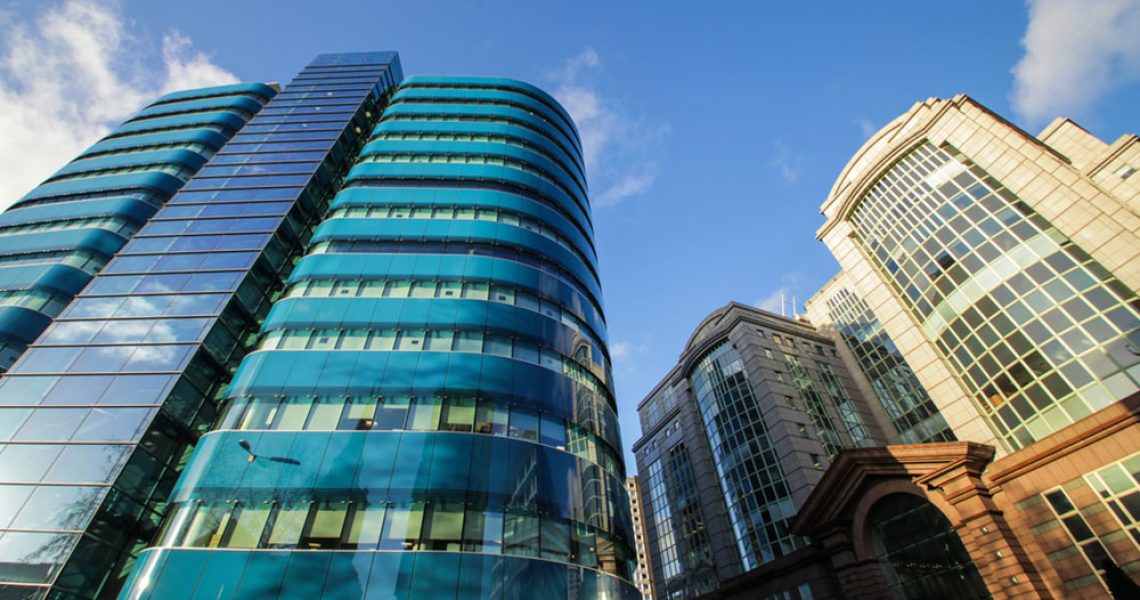So your business is really taking off, but what comes next? If a swanky new office space is on the cards, you might need to know how a commercial property loan works first.
What is a Commercial Property Loan?
A commercial property loan offers the financial support you may need to buy a commercial property. If you know what a residential home loan is, you can mostly understand what a commercial property loan is. Choose between a variable rate, fixed rate, split rate, principal and interest or interest-only loan. While home loans and commercial property loans work much in the same way, there are some very important key differences setting them apart. Here are some of them:
- Commercial property loan rates can be higher than a home loan
- They tend to require a larger deposit than a residential mortgage
- Leases for commercial property normally run for a longer time period
- Goods and services tax (GST) applies when purchasing a commercial property
- The lessee pays maintenance costs

Why would you need a Commercial Property Loan?
Commercial property loans are used for business and investment purposes. Perhaps you’re running a startup business and things are taking off. With a growing team, you may need to think about renting a larger working space. More space equals more comfort, happier staff and better results.
You may also be buying or refinancing a commercial property for lease. As an investor, commercial property might yield higher return on investment (ROI) than a residential property. The lessee looks after all maintenance costs, and this means rental income is generally higher than that of a residential property. It does, however, require more sophistication and funds from the investor.
What are the different types of Commercial Properties you might need a loan for?
There are four classes of commercial real estate. As stated by Investopedia, these are:

1. Office
2. Industrial
3. Multifamily
(a collection of separate housing units for residential inhabitants)
4. Retail
How much can you borrow?
Investors buying commercial property cannot borrow as much as investors buying residential properties.
“Unlike residential property where you can borrow as much as 95 per cent of the property’s value, most lenders require borrowers to have a minimum contribution of 30 per cent when applying for a commercial loan. In other words, the lender will consider lending up to 70 per cent of the property’s value.”
Mortgage Choice chief executive officer Susan Mitchell offers an insight on RealCommercial.com.au
What do you need to be approved for a Commercial Property Loan?
Below are just some of the documents you will need approved to get a property loan:
- Your details of any existing lease
- Proof that you can afford to maintain the property if the property does not have a tenant
- Your income details
- Details of the property itself
- Your deposit and equity from other properties
It’s important to note that the main thing lenders are considering is whether or not the property will be able to generate rental income from tenants. This is the main factor that will help determine a property’s value.
Now that you know how a commercial property loan works, consider your loan and get into contact with ALC Commercial for more information.









